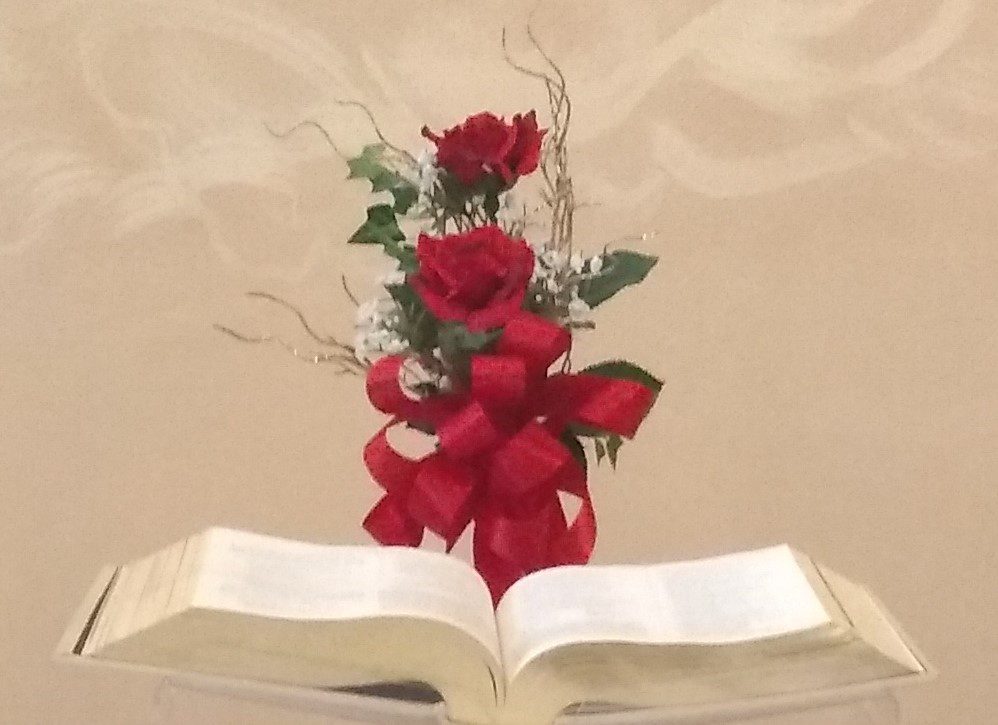The first generation of believers still had a hard time giving up their old belief and understanding of gods. They were falling back to old practices while trying to maintain the Christian faith. But Christianity has a very different outlook on life. We cannot mix and match our faith. Nor can we choose the teachings of the faith or ignore parts of its morals for our own conveniences. Neither can we deny a brother or sister because we do not like them.
Each person in the faith is important. God has called each and every one of us for a purpose. Every person is irreplaceable. God calls us all to different tasks. He made us all different as well. Every person has gifts they bring to their community. So many times we compare ourselves to others. This is a waste of time. What we should be spending time in is what is God’s will for me? Or what does God want me to do? What gifts did God give you to share with your community?
So many times, people of faith will look at the specific gifts Paul lists here and try to figure out which one of these they are. Am I prophet, do I speak in tongues or do I interpret? This is the wrong approach. The point in this reading is that we are all equal. Not one person is considered less important and it is the same God who produces these gifts in everybody. There are not a bunch of competing gods that produced specific gifts. The old pagan beliefs were that one god would give you fertility, another god might give you riches, while yet another would give you understanding. They were bringing this thought to their worship in the Mass as discussed in Chapter 10 and 11.
In the process of all this, one person thought themselves more important than others, at least for the moment. So they got prideful and excluded others in the Eucharist and the food they brought themselves that was never meant to be used in worship. They came to worship hoping for favors as if from a pagan god. But God is the true God of all these gifts. He has made all the baptized into sons and daughters of the Heavenly Father. The old pagan gods were just a useful tool to manipulate in order to get the gifts needed. As if the gods were dependent on us.
God, on the other hand, is the God of gods. He distributes gifts according to His will, not according to our manipulation. Some people may argue me about it, but it is a good thing that God cannot be manipulated. If He could, He may be manipulated into doing bad to others, or ourselves. Or even worse, to doing my own will. Then only when we feel the suffering of man’s manipulation of God will we understand how good it is that God cannot be manipulated.
We serve God, not because He needs us, but because He calls us out of love for us, so that we may participate in His glory by the very gifts He gives us. The gifts we receive and the talents we have because of Him are not a sign that we are saved or are good. Rather, out of God’s goodness, He gives us these gifts and expects us to serve Him directly in worship or indirectly in our brothers and sisters.
So there are two predominant lessons in this reading. First, we are always to treat our brothers and sisters with respect and dignity. We should all rejoice in each other’s gifts. We should also rejoice in the gifts Jesus has given us and use them according to His Plan. Which brings us to the second lesson: we serve the one true God, and Him alone we serve.






